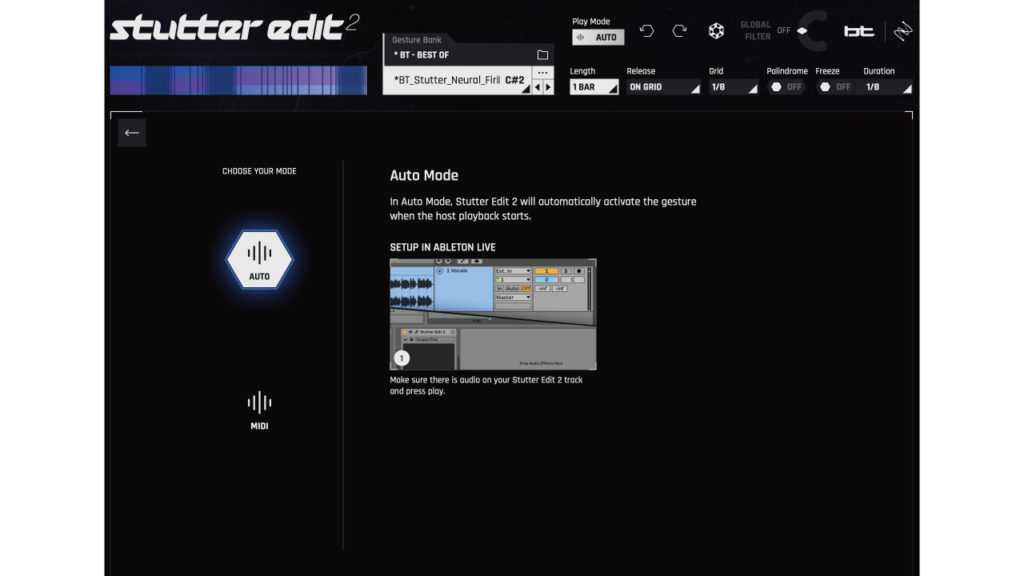
Note perfect Your first stop will be the 32-step sequencer, where you input notes into any of the six tracks and 24 pattern slots available for every patch. Near the end of the song, she takes off her sweater, revealing her bodystocking and a black bikini over it.Expansion packs are also available at just under £30, including Vintage Machines, Cinematic Textures and Kicks and Snares by Beatport Sounds. During her performance she wears a purple sweater over a black bodystocking.


Kitty Kallen – Little Things Mean A Lot (1954).The Count Basie Orchestra (1939) with Helen Humes on Decca.charts at the same time as Mary Martin's original cast recording but peaking at No. The 1938 version by bandleader Larry Clinton with singer Bea Wain was the most successful of the many contemporary recordings, entering the U.S.Referring to the melody, especially the passage of "da da da da"s, Oscar Levant described it as "one of the most Yiddish tunes ever written" despite the fact that "Cole Porter's background was not Jewish." Lyrics critic Philip Furia replied that the essence of that bit of melody is to suggest that "Daddy" is Jewish. In the original version, she ends up saying that her daddy might "spank" her if she was "bad". The final verse is about a varsity football match where one might meet a "strong under-graddy". The third tells of wearing green with a "Paddy" on St Patrick's day. The first refers to a game of golf during which she might "make a play for the caddy". The original version contains four verses, all of which play on idiosyncratic rhymes with "daddy". Brooks Atkinson, the critic of the New York Times, wrote that Martin's "mock innocence makes My Heart Belongs to Daddy the bawdy ballad of the season". Mary Martin's stage persona was quite innocent and so the contrast between her naive manner and the suggestive lyrics accompanied by her delivery (in one recording she inserts a significant pause in the middle of the word 'asking' in the above-quoted lyric) and the provocative striptease made her performance a huge success. Sophie Tucker famously advised Mary Martin to deliver such sexy lines while looking towards heaven. One clever rhyme isįinnan haddie is smoked fish, and this is one of many innuendoes which appear throughout the song. Rhyming with "daddy" is difficult but Porter characteristically managed it well. Anna Nicole Smith recorded a copy of the Monroe version in 1997, it was released in CD-single and 12 maxi with two versions. The lines do not conform to the rhyme scheme of the rest of the song, but have been used by many other performers since. A verse is added in which she invites a boy "to cook up a fine enchilada". She introduces herself as "Lolita", who is not allowed to "play with boys". Marilyn Monroe sings the song in the film Let's Make Love (1960). The song was thereafter associated with her. This led to her being dubbed "Britain's first wartime star". In Britain, the song was a hit for Pat Kirkwood who performed it in the 1938 revue Black Velvet. She again performs the striptease, discarding her muff and then the fur coat, while mustachioed Siberian men follow her every move, eventually fainting when she removes her coat to reveal a skimpy figure-hugging costume beneath.

The film recreates Martin's audition then segues into her performance in the original Siberian context.
#Is breaktweaker the same as stutter edit movie#
Her best-known movie performance is in the 1946 Cole Porter biopic Night and Day in which she plays herself. The words to the introduction are altered, the innuendoes being toned down. Again she wears a fur coat, but the setting is a show within a show and the act is more conventional as she wears an evening gown beneath the fur. Martin sang it again in the 1940 movie Love Thy Neighbor.


 0 kommentar(er)
0 kommentar(er)
